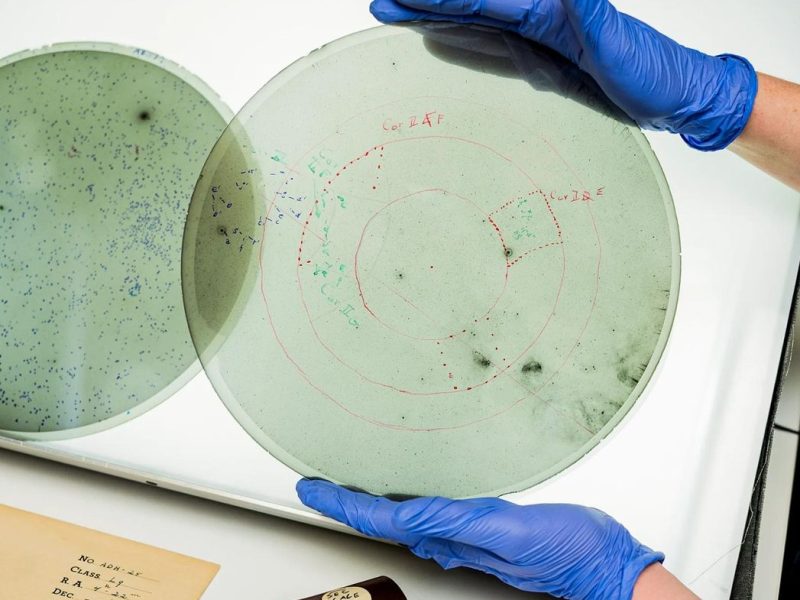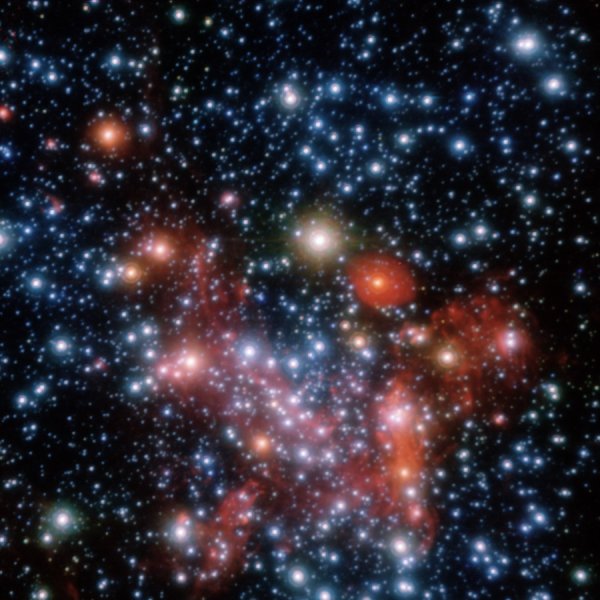The Aurora Borealis is a fascinating natural phenomenon that has been observed and studied for thousands of years. For a long time, they were only associated with our Earth, but with the exploration of the Solar System, it has become clear that similar phenomena can be found on other planets. From this, it is not far to look for auroras on extrasolar planets, where they can be logically expected. But auroras in stars? Jiri Kubat of ASU’s Stellar Department was on a study looking at the possible detection of auroral equivalents in the atmospheres of hot stars.
Auroras occur mainly in the Earth’s polar regions and are one of the effects caused by the interaction of charged solar wind particles with the Earth’s magnetic field. Charged solar wind particles collide with atoms and molecules in the Earth’s atmosphere. These collisions cause the energetization of certain particles in the Earth’s atmosphere. When the energy is released back into the atmosphere, light radiation appears, which we see as the aurora borealis. Today we know that auroras are detectable in more than just the optical domain. For example, in the radio domain. On other planets in the Solar System, conditions are different, so auroras are also seen in other spectral regions.
Previous work has also pointed to auroral emission in extrasolar planets, very cool dwarfs, and radio emission in early-type stars, which could be considered as auroral manifestations. For hot stars, the presence of aurorae might be surprising. Nevertheless, some unsuccessful attempts have been made in the past to find emission corresponding to auroras in this connection.
Full popular article (in Czech)
More informacion
- Source: Na čem pracujeme: Polární záře v atmosférách horkých hvězd (M. Švanda, in Czech)
- M. Kajan, J. Krtička, J. Kubát, Unveiling stellar aurorae: simulating auroral emission lines in hot stars induced by high-energy irradiation, Montly Notices of the Royal Astronomical Society 531 (2024) 1776–1788, preprint arXiv:2405.09967
- contact: doc. RNDr. Jiří Kubát, CSc.; jiri.kubat@asu.cas.cz; Stellar department ASU CAS



